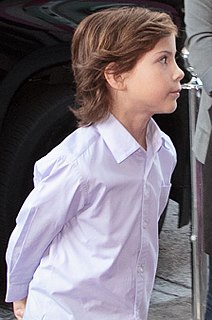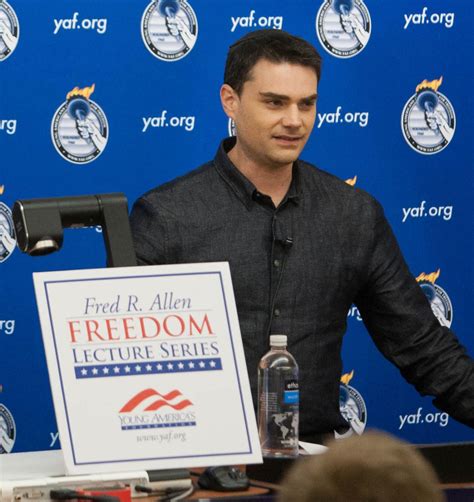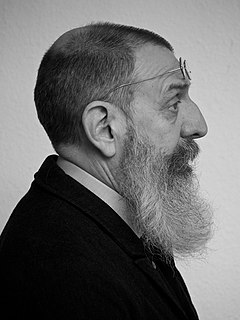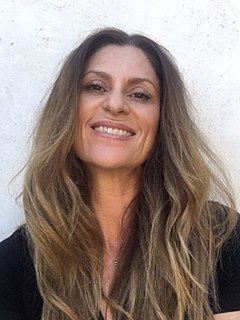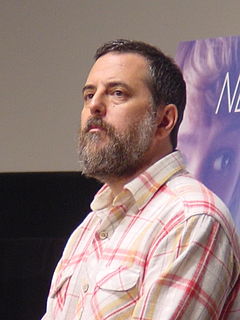A Quote by Jacob Tremblay
I like writing because when I grow up, I'm going to be a script writer and a director.
Related Quotes
If you put someone in a room with no script to direct, they're just going to sit there. Writing scripts is the execution for a show. Then the director takes that and hires people. It's like trying to build a house without any bricks. You need the script. I could build the house, but I have to know how.
As a director you already have a script, you have actors... you have collaborators when you're a director. When you're writing there's no one to collaborate with, there's no material to look at. I haven't adapted something yet, so, I'm sure that would be helpful. When you're writing an original piece you have nothing.
But the script's got to be at a level that makes it worth going back for, because it's a lot of work to make a movie like this and it's a multi-year project. So we've got our writer Jesse Wigutow on it right now writing, and fingers crossed if it all comes together, as we hope it will, there could be another Tron in the next few years, and it's going to be awesome.
If you're going to be a writer, you're going to write because you have to. It's not like other arts and not nearly as rewarding because it's a lot lonelier, and most of the time it's just you alone in a dark room or a coffee shop. But a lot of writers have to write because they're writing for themselves, so whether or not someone sees your work or not- they're still writing because they absolutely have to.
With a good script a good director can produce a masterpiece; with the same script a mediocre director can make a passable film. But with a bad script even a good director can’t possibly make a good film. For truly cinematic expression, the camera and the microphone must be able to cross both fire and water. That is what makes a real movie. The script must be something that has the power to do this.
Tone is so important because you can have a great script just be ruined with the wrong director - if they shtick it up or something. With 'Little Miss Sunshine,' I was so concerned they weren't going to play the pageant official realistically because you don't have to wink to play those kinds of characters.
When I have a writing workshop, I like to have people that are anthropologists and people who are poking around in other fields, I like to have them all in the same workshop, and not worry about genre. I like to mix it up, because the kind of comments you can get from a fiction writer about your poetry are going to be very different than what you'll get from a poet. Or the comments you'll get from a filmmaker about your performance are going to be very different. My writing workshop is about mixing it up, cross-pollinating, not only in genres but in occupations.
The way I pick movies is, first, if the script is any good. Then, if the script is good, who else is in it, the director, the producer, all that. If you have all that, there's a chance the movie will be great. If the script isn't right, or the director or cast isn't right, you've got no shot in hell.
